Baselworld heeds calls to change after Swatch exit
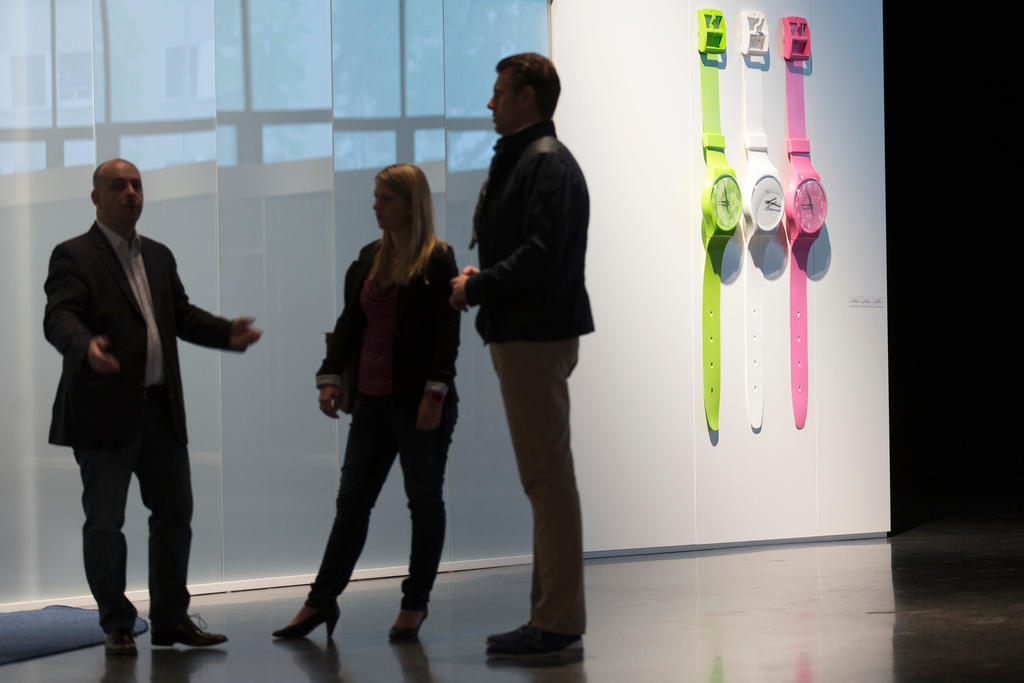
Michel Loris-Melikoff had been in his new job for just a few weeks when the bad news broke. Swatch Group was pulling out of one of the most important events in the calendar of the world’s watchmakers — the annual Baselworld trade show, where Mr Loris-Melikoff had taken over as managing director.
The setback in July was both surprising and disappointing, Loris-Melikoff tells the Financial Times. Swatch had committed in March to take part in the 2019 event in the Swiss city near the German border. “We had a contract,” he says. What was more, he had also not had the chance to show off his plans for next year “and what our reflections are for Baselworld 2020”.
Instead, Swatch’s move was followed by the resignation of René Kamm as chief executive of MCH Group, the events company behind Baselworld — and Loris-Melikoff, 53, a former private banker, found himself having to explain how trade fairs will survive in a digital age when watchmakers are less reliant on wholesale distribution channels and can access consumers via social media.
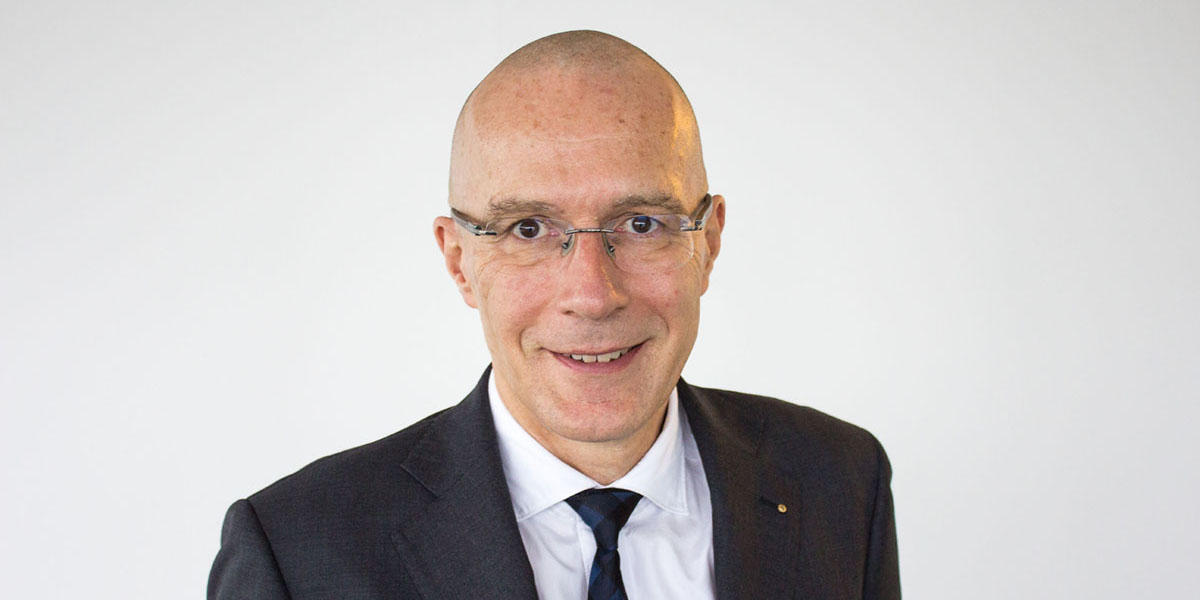
Swatch owns brands such as Omega and Tissot, as well as its eponymous plastic watches. Explaining its decision at the time it said annual watch fairs “no longer make much sense” in their current format. They need not disappear, the company added, “but it is necessary that they reinvent themselves, responding appropriately to the current situation and demonstrating more dynamism and creativity. At the moment, the trade fairs are failing to do so.”
Nick Hayek, chief executive, told the FT recently: “The feeling is that the Basel fair has always acted very arrogantly. Now the Swatch Group has had the courage to say, hey, this is nonsense.”
Swatch’s surprise withdrawal highlighted the upheaval gripping traditional watchmaking businesses. Since last year, the business of making luxury timepieces has enjoyed a strong recovery, after contracting in 2015 and 2016 amid sluggish global economic growth, terrorist attacks in Europe and a crackdown on the giving of gifts as bribes in China.
Swiss watch exports were 10% higher in the first six months of this year compared with a year earlier. As conditions have improved, watchmakers have sought to secure their future by overhauling traditional distribution systems and responding to increasing demand for online sales channels.

More
Financial Times
External linkAn “anachronism”
Against that background, Baselworld looks an anachronism in the tradition of European trade fairs — which date from the Middle Ages in the German-speaking world — and redolent of an era when Swiss watchmakers needed a physical fair to meet dealers.
Loris-Melikoff, who took over as Baselworld managing director on July 1, agrees change is essential. Baselworld, which dates from 1917, was “obliged to present sustainable results because it cannot continue as it was in the past”, he says.
His immediate priority is rethinking next March’s Baselworld. This year, the number of brands exhibiting halved to 650. Encouragingly, however, visitor numbers held steady at about 106,000. Loris-Melikoff had hoped the number of brands would remain similar in 2019. So far, he has had no indication that other big brands that have already committed to the show would follow Swatch’s example. “We think they will remain at Baselworld,” he says.
But he is working to address exhibitors’ complaints. While exhibition costs would be adjusted selectively, he aims to offer more for the same price. He also promises action against excessive prices charged by local hotels and restaurants — he cited as an example the CHF50 ($51) charged for spaghetti bolognese at one outlet.
“The whole tourism industry in Basel, and around Basel, has to be conscious that for exhibitors these are extraordinary costs,” Loris-Melikoff argues.
Social media
As part of its social media strategy, Baselworld will beef up its use of chatbots, which use artificial intelligence to talk to customers — and extend their use on to WeChat for Asian audiences.
He also wants to give greater prominence to jewellery companies, which have felt neglected. Jewellery brands will be brought back into the exhibition’s main hall, with improved facilities including a fashion catwalk and better spaces for private parties.
However, Loris-Melikoff says his “most important work, the fundamental work” would be on revamping Baselworld for 2020.
He has launched a survey of exhibitors to gauge more exactly their needs for the future. The results, expected in November, will determine the balance Baselworld strikes between its traditional business-to-business focus and becoming more of a business-to-consumer marketing event.
“In the past we were a pure selling platform and now we have to think about whether Baselworld should become a selling platform and an experience platform [for consumers].”
The difficulty will come if, as seems likely, there is no clear answer to how to meet exhibitors’ needs. Loris-Melikoff admits: “Some manufacturers distribute only via retailers, and there are others that use different channels . . . You can imagine that the interests and the goals of every exhibitor are totally different.”
Whatever the results of Baselworld’s deliberations, Loris-Melikoff insists trade fairs will remain relevant. Consumers buying luxury goods still value the physical contact with products, and even large online retailers such as Amazon have realised the value of bricks-and-mortar stores.
Loris-Melikoff says: “There is an emotional component, and for that reason you cannot replace totally a trade fair with digital.”
Copyright The Financial Times Limited 2018
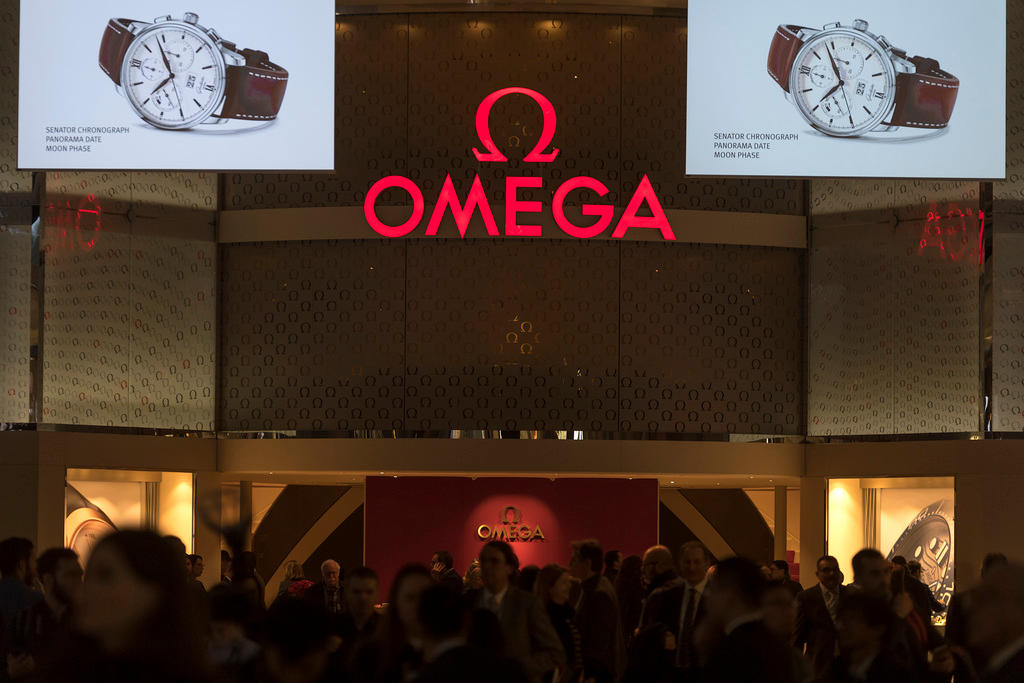
More
Baselworld attracting exhibitors despite Swatch Group exit

In compliance with the JTI standards
More: SWI swissinfo.ch certified by the Journalism Trust Initiative
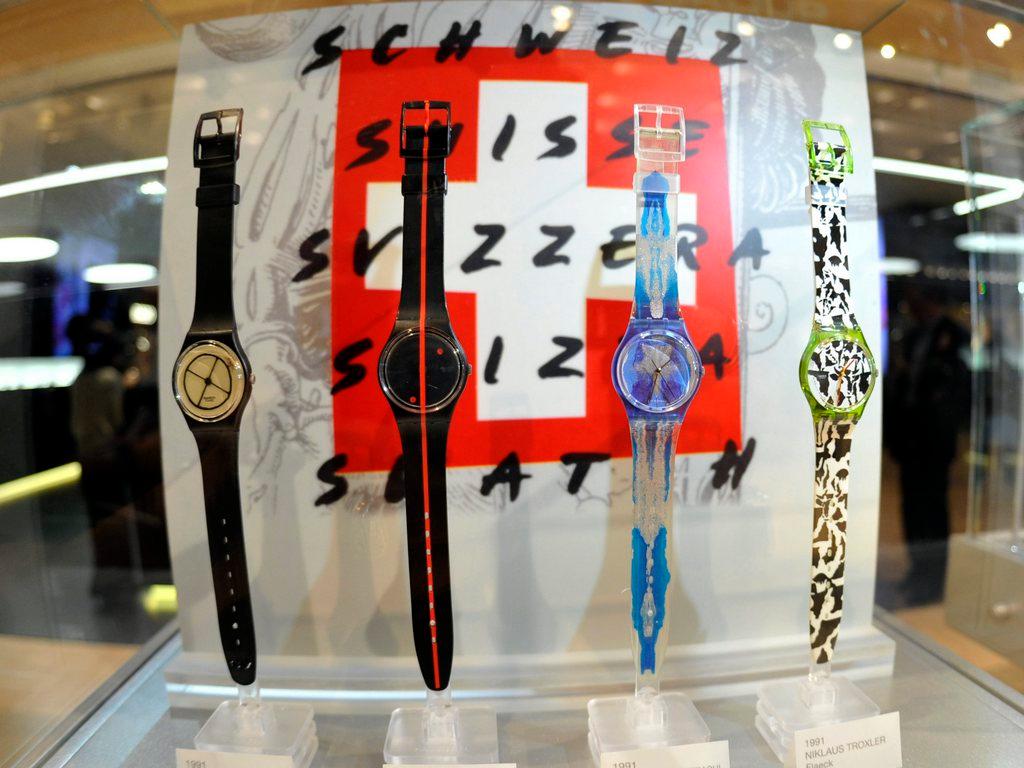
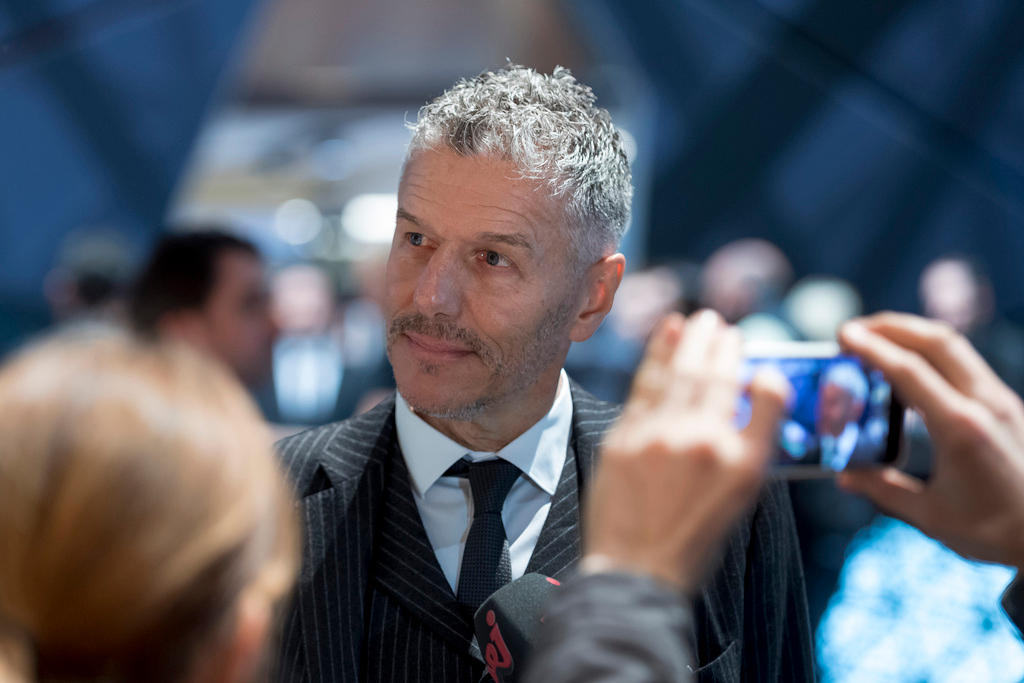

You can find an overview of ongoing debates with our journalists here. Please join us!
If you want to start a conversation about a topic raised in this article or want to report factual errors, email us at english@swissinfo.ch.